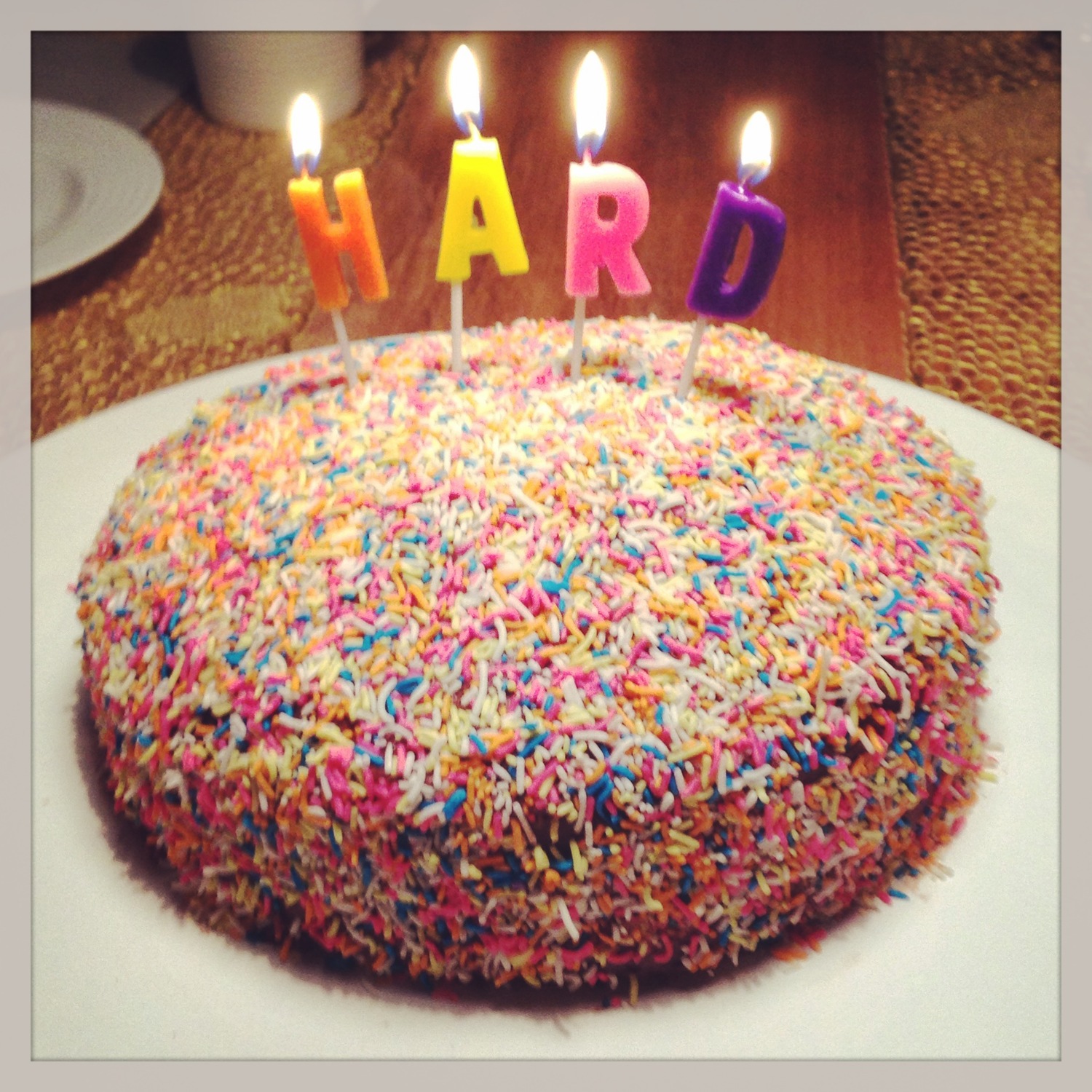We Can Do Hard Things
“Integrity is choosing courage over comfort; choosing what is right over what is fun, fast, or easy; and choosing to practice our values rather than simply professing them.”~Brené Brown
Recently, I was a speaker for an 11-day coast to coast Pilgrimage to Peace tour, sponsored by Churches For Middle East Peace. The amazing hospitality we received has given me hope that welcoming strangers is alive and well in America.
CMEP is a coalition of 28 national church communions and organizations, including Catholic, Orthodox, Protestant and Evangelical traditions, that promote comprehensive resolutions to Middle East disputes with a focus on the Israel-Palestine dilemma.
I am very careful with whom I partner professionally because anyone who addresses Palestine-Israel is confronted with lots of emotion, bias and ignorance. Although I do my best not to add fuel to the fire, presenting the realities of Palestinian refugees that I have witnessed for over 15 years is a trigger for many people, so it was a joy to work with CMEP’s knowledgeable, competent and committed staff.
I also enjoyed collaborating with my co-speakers, especially Obada Shtaya, a passionate young man and director of partnerships for Zimam, an organization that develops leadership skills among Palestinian youth in the West Bank and Gaza.
As someone relatively isolated in working with refugees, collaborating with other groups has been a godsend. We have no competing agendas and the work these groups do in educating people about the Palestinian narrative is inspiring.
Shock
A recurring theme I continue to encounter is the lack of awareness about both the Palestinian diaspora and the generations of stateless refugees who live without basic human rights. When audience members absorb this information, many initially react with shock, anger, even embarrassment. Some are outraged by the decades of injustice and the failure of their sources of information to report on this subject. Some try to process what being stateless means, and some try to shut down the conversation out of fear or ignorance. Others blame Israel, Arab states or America. This is unhelpful. If we want someone or something to blame, let’s start with our biases. There is no way a people could have refugee status for more than 70 years without all of us being complicit.
I often tell the story of the first time I walked into the refugee camp of Bourj Al Barajneh 15 years ago. I experienced a great deal of anger at the terrible conditions the inhabitants live with, which was amplified by the fact that their suffering is hidden from most of the world. I was determined to transform my anger into positive action.
Feel Good
One of the things that worries me is that we don’t want to struggle with complications. Some of us have a hard time listening to Palestinians tell their stories when Israelis are not present. Or even the Palestinian narrative. Do we require Palestinians to be present when Israelis tell their stories? How would you feel if the only way you were allowed to share your story was if the person you were in conflict with was sitting next to you?
While there is a time and place for people partnering in peace to speak side by side, we need to create safe space for people to share. Just as you or I would want. We need to listen without demands or expectations to those on the margins. These conversations make us uncomfortable, but struggling with discomfort is how we grow. We can tackle painful and complicated problems without having to feel good all the time and without vilifying the other side. We can be angry but not let our anger overtake us. Instead, we can use our anger to fight for justice and to build bridges. None of this is easy, but it only takes a single person willing to get uncomfortable and make a difference to change the world. That person could be you!
Glennon Doyle states all the time that, “we can do hard things.”
We can

